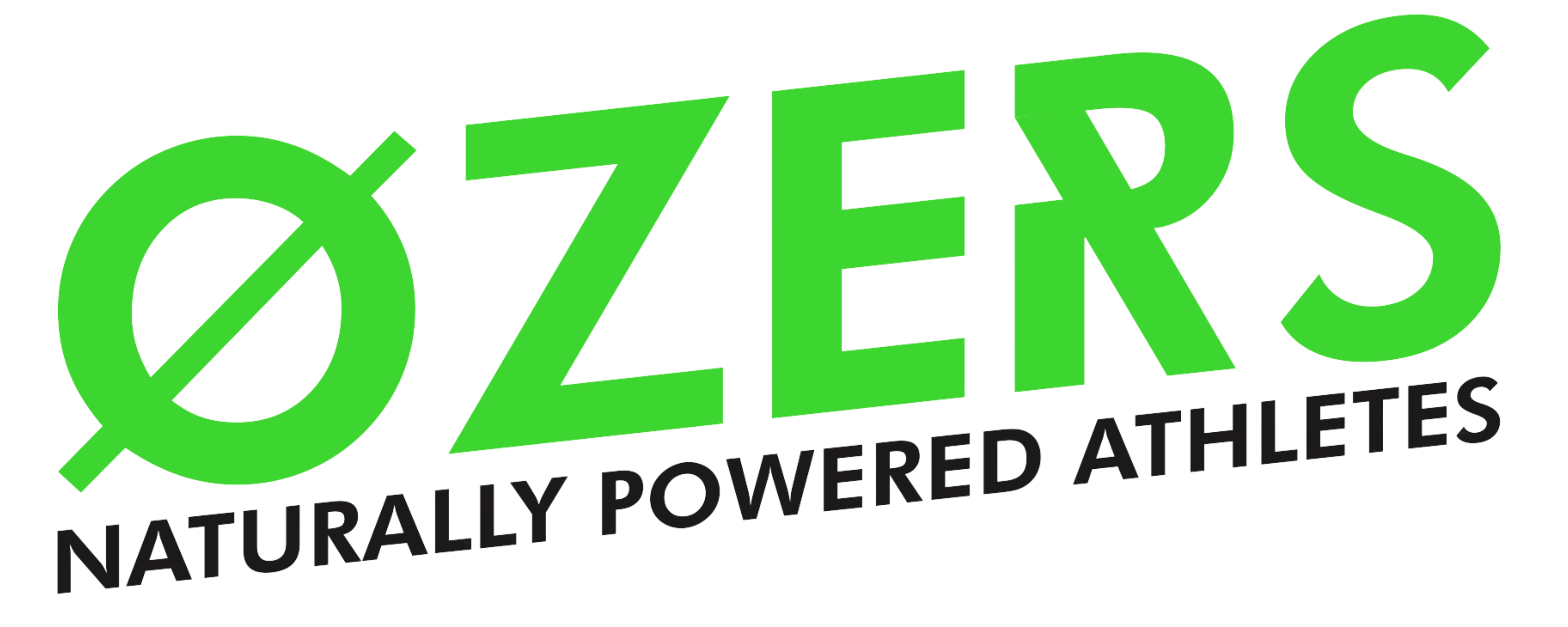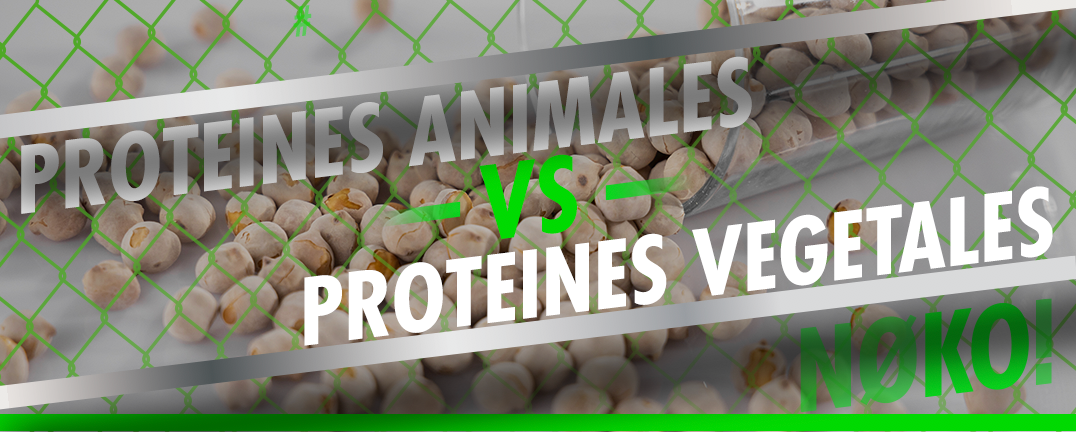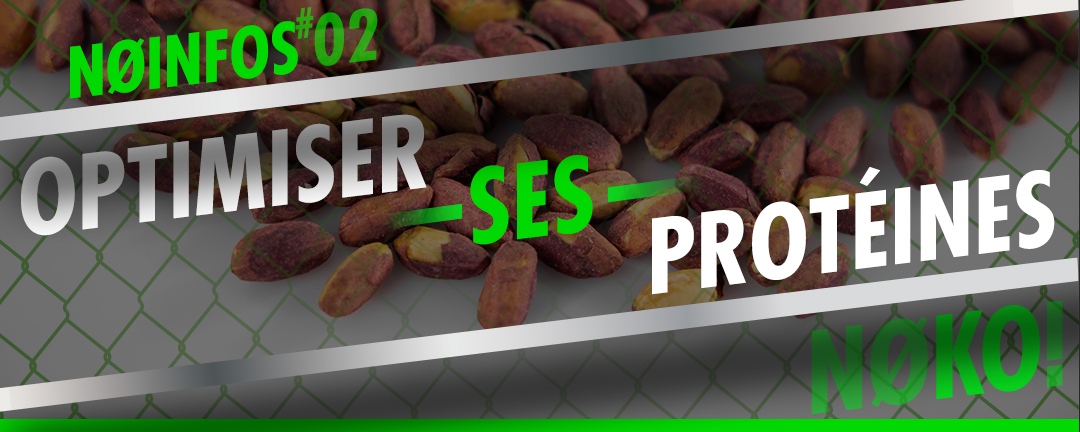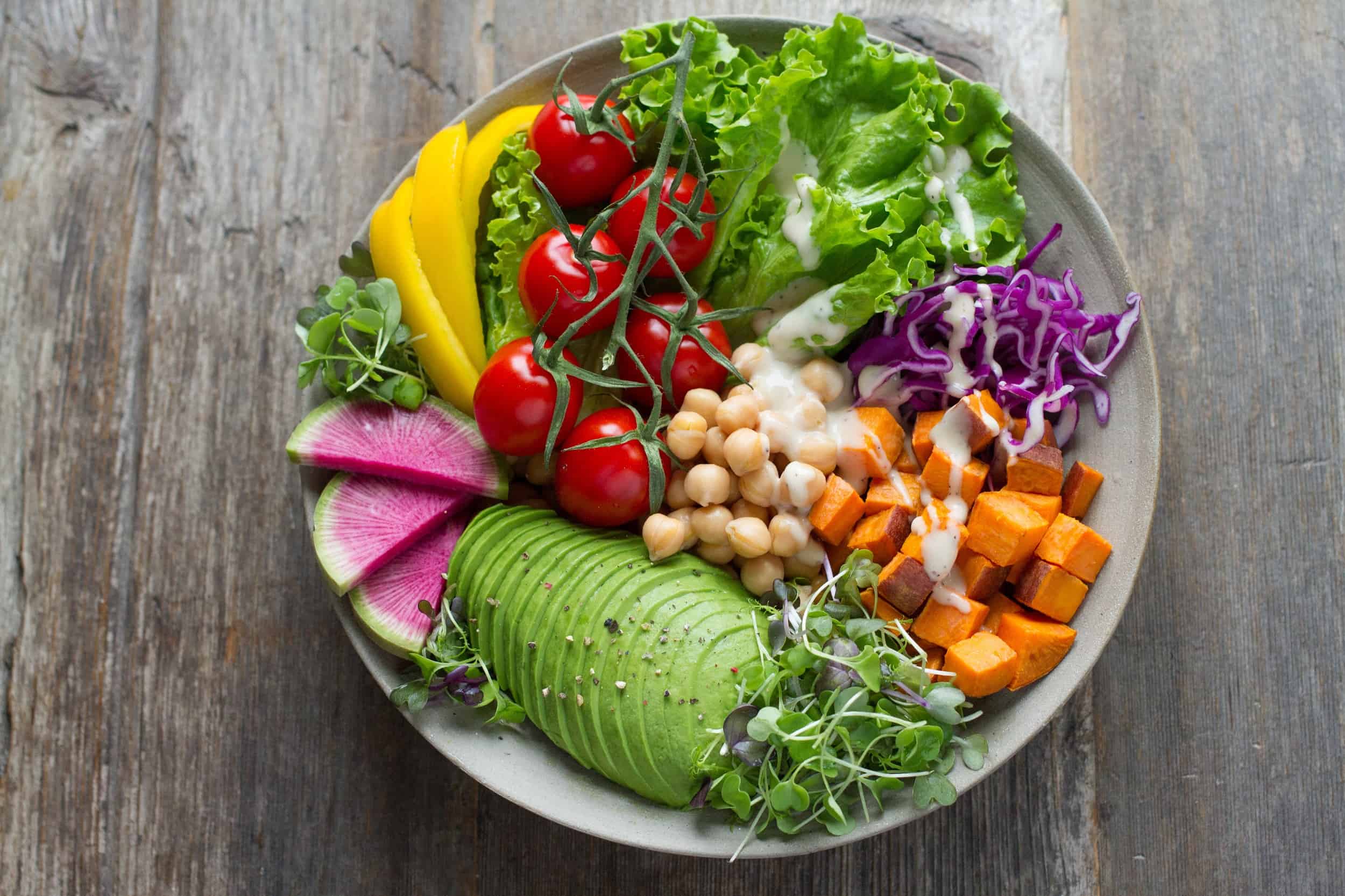Why choose vegetable proteins in an athlete's diet??
ProductsNØKO contain exclusively components of plant origin, not only optimized to ensure sufficient protein intake for aOptimal MPS, but also to offer all the advantages of a vegetable diet detailed below.

Health benefits
Protect yourself from diseases
Although the intake of plant-based protein must be higher than the intake of animal-based protein to stimulate MPS at an equivalent level (1), switching to a plant-based diet reduces the risk of tendinitis ( 2), type II diabetes, cancer and even cardiovascular diseases (3). Indeed, these diseases are favored by the acidification of the body (4). Switching to a plant-based diet, rich in basic nutrients, rebalances the body and therefore reduces the risk of developing these diseases (5). In addition, due to its balanced nutrient intake, plant-based diets help promote weight loss in obese people and reduce the risk of obesity in healthy people (6).
Vegetable proteins and aging
A Greek research team studied the differences between consuming diets high in plant-based protein and animal-based protein for successful aging. She found that a diet high in plant-based protein seemed to benefit health and delay aging (7). This statement was backed up by Harvard researchers who concluded that substituting animal protein for plant protein was associated with lower mortality, underscoring the importance of protein source (8).
Optimization of well-being
The consumption of proteins of plant origin rather than animal, and more particularly the vegan diet, also has many effects on well-being. According to the testimonies of many people, including athletes, this way of eating would allow them to feel less stressed and to be more dynamic (9-10). This diet would also provide better quality sleep (11). Some even claim that switching to plant-based protein has improved their athletic performance (10-11). Although this last effect is not scientifically proven today, it seems obvious that this way of eating brings additional well-being to those who adopt it.
Economic benefits
It is a fact that plant-based alternatives require less land per unit of protein or energy. As a result, replacing animal products with plant-based alternatives would free up agricultural land which can then be converted to growing additional food products. For example, replacing all animal products in the United States with plant-based substitutes would produce enough food to feed an additional 350 million people (12).
Ecological benefits
Reduction of greenhouse gases
Diets have a direct impact on greenhouse gas (GHG) emissions. Indeed, an omnivorous diet that includes all food groups will induce GHG emissions of 330 kg of CO2 per person per year (3), which will increase to almost 450 kg by 2050 according to scenario simulations. A vegetarian or pesco-vegetarian diet, therefore essentially based on vegetable proteins, will allow a reduction of 45% and 55% respectively of GHGs (3).

Carbon footprint
NØKO post-training, in addition to being based on vegetable proteins and microalgae, is produced in France, and 90% of the ingredients come from France (only the pea protein is imported from the USA-Canada). So compared to a competitor likeFoodSpring who manufactures his products in Germany, buy a productNØKO minimizes the carbon footprint.
Sources
(1) The skeletal muscle anabolic response to plant- versus animal-based protein consumption:https://academic-oup-com.accesdistant.sorbonne-universite.fr/jn/article/145/9/1981/4585688
(2) Diet and Tendonitis:http://campusport.univ-lille2.fr/documents/training/Alimentation%20et%20tendinite.pdf
(3) Global diets link environmental sustainability and human health:https://www-nature-com.accesdistant.sorbonne-universite.fr/articles/nature13959
(4) Examining the impact of adherence to a vegan diet on acid-base balance in healthy adults:https://pubmed.ncbi.nlm.nih.gov/28677099/
(5) Nutrient based estimation of acid-base balance in vegetarians and non-vegetarians:https://sci-hub.se/https://pubmed.ncbi.nlm.nih.gov/20054653/
(6) A plant-based diet in overweight individuals in a 16-week randomized clinical trial: metabolic benefits of plant protein:https://pubmed.ncbi.nlm.nih.gov/30405108/
(7) The association of animal and plant protein with successful ageing: a combined analysis of MEDIS and ATTICA epidemiological studies:https://pubmed-ncbi-nlm-nih-gov.accesdistant.sorbonne-universite.fr/32434609/
(8) Association of Animal and Plant Protein Intake With All-Cause and Cause-Specific Mortality:https://jamanetwork.com/journals/jamainternalmedicine/fullarticle/2540540
(9) Vegan Power! Or how a pro was able to optimize his sports performance thanks to his diet:https://www.vegactu.com/actualite/vegan-power-24051/
(10) Frank Medrano, vegan and street workout star:https://www.vegactu.com/sport/frank-medrano-vegetalien-et-star-du-street-workout-18604/
(11) An American football pro goes vegan to optimize his performance:https://www.vegactu.com/actualite/un-pro-du-football-americain-devient-vegetalien-pour-optimisation-ses-performances-17670/
(12) The opportunity cost of animal based diets exceeds all food losses:https://www.pnas.org/content/115/15/3804




